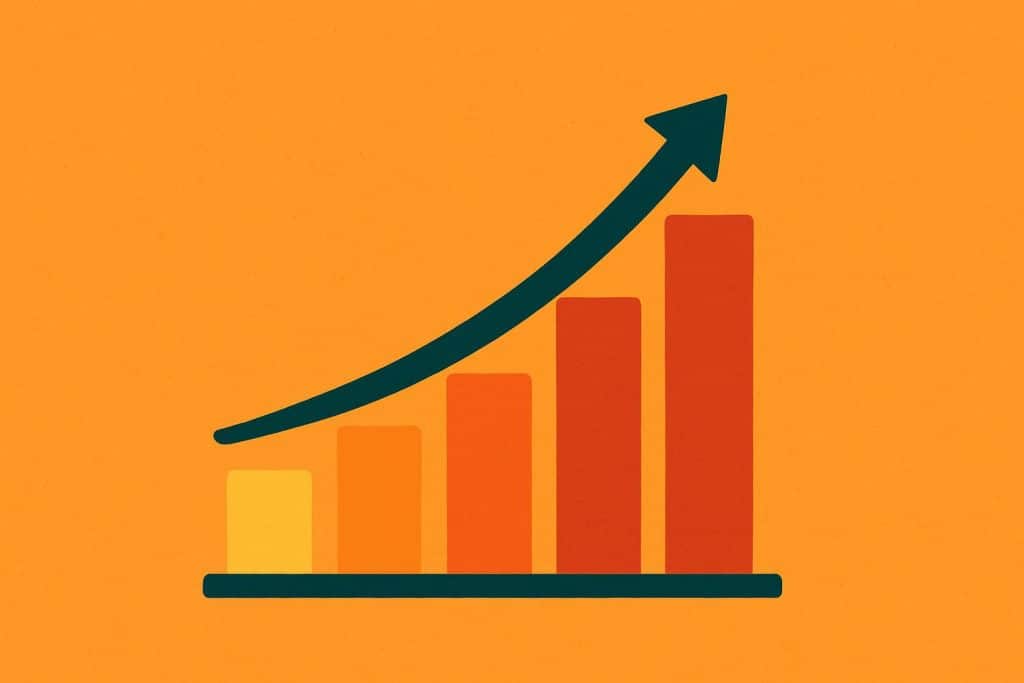Every business wants to grow. The challenge is doing so without draining resources on costly ads or short-term campaigns that fade as quickly as they rise. In an era where competition is fierce and budgets are scrutinized, finding sustainable growth methods is essential. That’s where search optimization steps in.
Search optimization—better known as SEO—isn’t just a marketing tactic. It’s a long-term investment in visibility, credibility, and customer connection. When executed thoughtfully, it helps businesses expand reach while spending less over time.
Understanding the Real Value of Search Optimization
At its core, SEO is about ensuring your brand appears when potential customers are searching for products or services like yours. Unlike paid advertising, where visibility ends the moment you stop paying, SEO builds momentum. Each improvement compounds over time—enhancing your website’s authority, user experience, and relevance in search results.
When done right, SEO doesn’t just drive traffic—it attracts the right traffic. These visitors are actively searching for what you offer, meaning they’re far more likely to convert into customers. That’s why SEO consistently delivers one of the highest returns on investment among digital marketing strategies.
To illustrate this, Search Engine Journal notes that organic search drives more than 50% of all web traffic across industries. This statistic highlights how powerful a well-optimized site can be when it comes to reaching customers naturally.
Why SEO Outperforms Paid Advertising Over Time
Paid ads are fast, visible, and effective—at first. But the moment you stop funding them, your visibility disappears. SEO, on the other hand, is a compounding asset. Every optimized page, keyword, and backlink strengthens your brand’s digital foundation.
Let’s think of it like this: paid ads are renting space, while SEO is buying property. Over time, your SEO “property” appreciates in value, bringing in consistent visitors without the recurring costs of ads.
This doesn’t mean ads don’t have a place. In fact, they can complement SEO well when launching new campaigns or products. But as a standalone growth method, SEO offers more stability and better long-term cost control.
The Budget Advantage: Why SEO Is Cost-Effective
Marketing budgets are often limited, especially for small and mid-sized businesses. Traditional campaigns can burn through funds quickly with little to show for them after the campaign ends. SEO, on the other hand, works differently.
With search optimization, you invest in your website’s structure, content, and credibility—assets that continue to deliver value. The upfront work might take time, but the ongoing results are steady and reliable.
This is where understanding search engine optimization cost becomes crucial. While SEO does require an initial investment—whether in tools, content creation, or technical improvements—the long-term savings are significant. You’re not paying for every click or impression. Instead, you’re building a foundation that draws traffic organically, month after month.
And because SEO scales with your business, you can start small, grow steadily, and reinvest in what’s working. For many brands, this balance of affordability and sustainability makes SEO the clear winner in the marketing mix.
Building Brand Authority Through Organic Search
Beyond visibility and cost savings, SEO builds something even more valuable—trust. Consumers are naturally drawn to brands that appear at the top of search results. It signals credibility, expertise, and relevance.
High-ranking content positions your business as a go-to resource in your industry. This type of authority can’t be bought—it must be earned through consistent effort, high-quality content, and strong user engagement.
Over time, as users engage with your brand, share your content, and link back to your website, your online reputation grows stronger. This is how search optimization not only boosts traffic but also cultivates a loyal customer base.
It’s worth noting that authoritative platforms like HubSpot have long emphasized how trust and organic visibility go hand in hand. Their data shows that businesses publishing regular, optimized content generate significantly more leads than those that don’t.
How Search Optimization Drives Measurable Growth
SEO’s effectiveness can be tracked and refined, which makes it ideal for data-driven businesses. Tools like Google Analytics, Ahrefs, and SEMrush provide deep insights into keyword performance, visitor behavior, and conversion paths.
By understanding which pages attract the most visitors or which keywords convert best, you can fine-tune your strategy. This adaptability is a major advantage over fixed-cost advertising, where insights often stop once the campaign does.
Another key benefit: SEO can support every stage of the customer journey. From awareness through discovery to decision-making, optimized content meets potential customers where they are. It builds familiarity and trust before they even make contact.
The Compounding Effect of SEO
Perhaps the most underrated strength of SEO is its compounding effect. Each improvement—whether it’s faster site speed, better internal linking, or new high-quality content—reinforces your online presence.
As your site gains more authority, new content ranks faster. More backlinks lead to more trust signals. More traffic creates more engagement data that Google interprets positively. This flywheel effect makes SEO one of the few marketing strategies that becomes more effective the longer you invest in it.
Over months and years, your visibility strengthens, your acquisition costs drop, and your revenue potential grows steadily.
Conclusion: Sustainable Growth Starts with Smart Strategy
Search optimization isn’t about shortcuts—it’s about strategy. While it doesn’t produce overnight results, its long-term benefits make it one of the smartest investments a business can make.
For brands aiming to grow efficiently, SEO offers a clear path forward: predictable costs, measurable returns, and a sustainable way to scale without depending solely on paid channels.
By understanding its true value and committing to consistent improvement, businesses can achieve growth that’s both affordable and enduring.
In the end, SEO isn’t just a marketing tool—it’s the engine behind smarter, leaner, and more resilient business growth.

